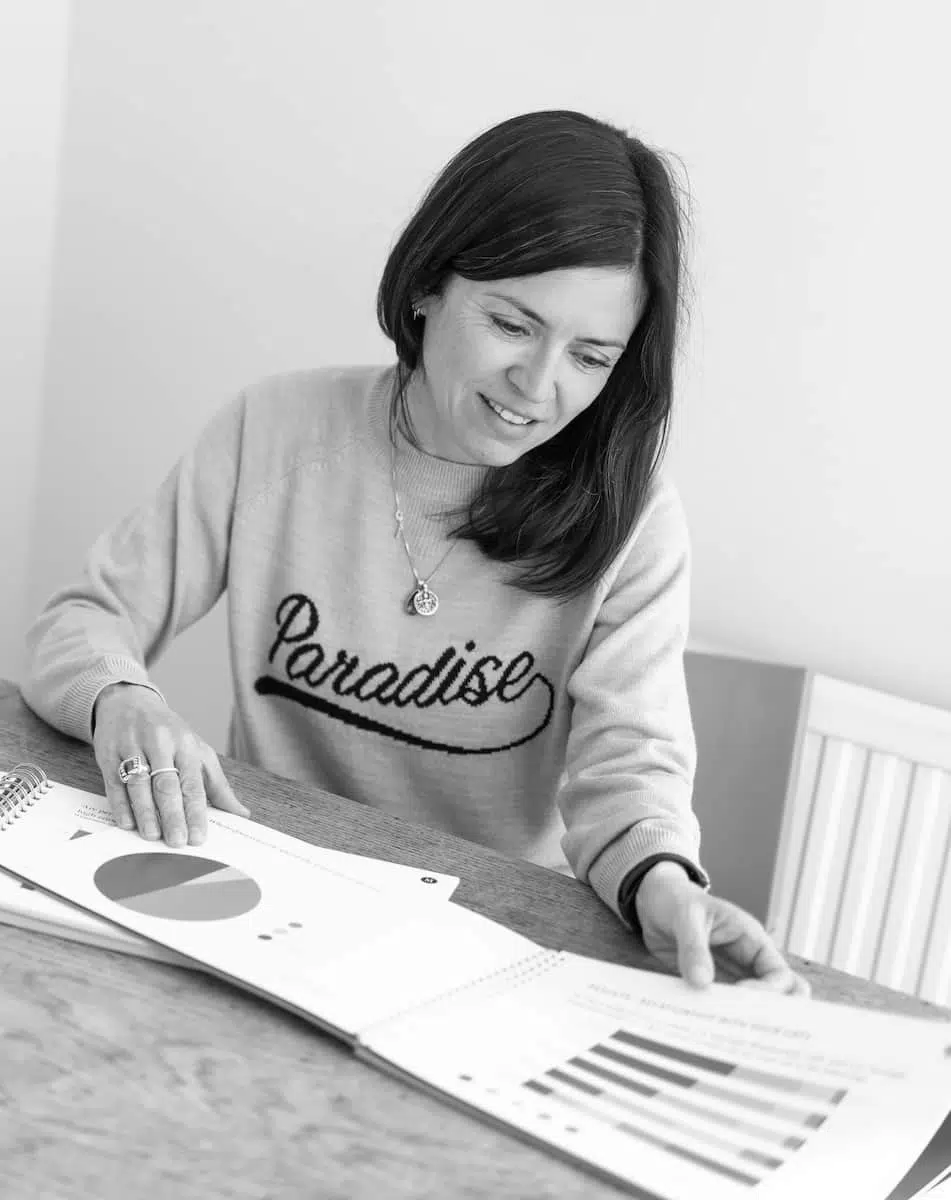What is brand tracking?
Are you aware of how your brand's current performance measures up to how it was last year? How about even further back? If you're not sure of the answer or don't have the data to back up your view, then now is the time to start tracking your brand. Brand tracking isn't necessarily all about adding commercial value - it also clarifies where changes can be made to streamline your brand strategy and increase brand equity.
According to Reuters, 82% of businesses view brand strength as becoming increasingly important for key stakeholders, including investors, CEOs of target companies, lenders, the media, and even potential employees. Therefore allocating a budget for well-planned brand tracking is a sound investment that will pay dividends.

Brand tracking surveys incorporate elements including brand associations, which measure what consumers link with your brand, brand warmth, which measures the emotional attachment consumers have to a brand, and brand momentum, which measures whether or not consumers think a brand is progressing in the marketplace. Even if a business has a superior product or service, along with an excellent team, it can still fall behind competitors if the brand is working against you rather than for you.
To establish a foundation to brand tracking, we work with you to crystallise what your business's own brand perception is. We do this by engaging with a number of key stakeholders, as brand perceptions may differ depending on the individual, and taking into account the opinions of multiple stakeholders promotes unity of purpose within the company. In addition, we help to establish the key target audience segment, and we can undertake secondary research if necessary to determine which competitors' brands you want your brand to be measured against.
Regular brand tracking is vital, as consumers' perceptions of brands are always changing. Internal perceptions of your brand will shift over time too. By conducting irregular or haphazard brand tracking, businesses risk losing touch with consumers' views, by which point it becomes more difficult to effectively target and appeal to your audience. In addition, CIM research has shown that 75% of marketers always consider their brand values and positioning before making major commercial or business decisions, which can be hindered by a poor understanding of the brand itself.
It is important to focus on both customers and non-customers in brand tracking, as the views of both parties provide valuable insight. Current customers can assist with the identification of brand strengths, whereas those who have not encountered the brand or choose to go to a competitor can show what improvements are needed to make your brand appealing. At Mackman Research, we specialise in crafting focused brand tracking surveys that are designed to maximise respondent engagement and quality of response. We strike the careful balance between essential questions that hit project goals and contextual questions that provide the results with depth.
A typical brand tracking project with Mackman Research follows a structure to enable transparency and reporting every step of the way. To begin, we agree the scope, methodology, timings, analysis and incentives for the project in consultation with client and project management. This is followed by designing the brand tracking survey and sending a proof to the client for review. Once the questionnaire is finalised, including question order, content and length, we set up the survey using the method of your choosing. The survey is typically conducted online, with supplementary telephone calls to ensure the maximum response rate - however, other methods such as postal surveys are available to suit your timescale and project requirements.
Mackman Research will then receive contact list from the client and brief the team of experienced researchers before telephone calls are made. These follow strict data protection guidelines, and our researchers are trained to encourage respondents to give as much verbatim detail as possible. The survey stage is carried out over several weeks to ensure that as many respondents as possible have time to share their views. We then conduct 10% validity checks on the data and analyse the results. We prepare a detailed and intuitive report containing graphs of all data obtained, an executive summary, and key recommendations from the project manager. This is presented to the client with the opportunity for questions if any points are unclear.

What Our Clients Say

Case Studies
See how our insight makes a measurable difference.
Our latest Blog Posts
From research tips to industry updates.






